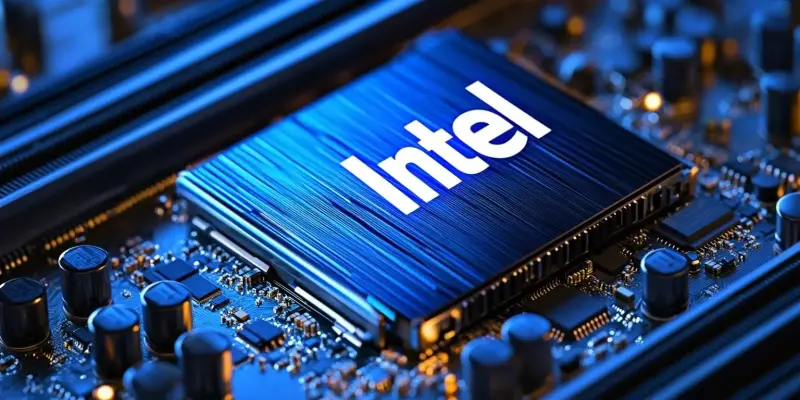In a competitive market where technology giants battle for dominance, Intel’s anticipated delay of its Panther Lake system-on-chips (SoCs) could have significant reverberations on its market position. Initially set for release in late 2025, Panther Lake SoCs are now rumored to be postponed to mid-Q4 2025, with a market debut expected in 2026. This delay is chiefly attributed to challenges encountered with Intel’s 18A process performance. Ming-Chi Kuo, a high-profile analyst, has indicated that these delays will cause Panther Lake products to miss the crucial end-of-year holiday sales season in 2025, potentially impacting Intel’s Q2 2025 earnings and revenue adversely. The struggle with the 18A node yield rates, currently hovering between 20% to 30%, is a significant impediment for Intel in progressing toward mass production.
Impact on Revenue and Market Share
The missed 2025 timeline is not just a matter of delaying a product launch; it represents a missed opportunity at a time when profits are most lucrative. Missing the end-of-year sales season means missing out on a substantial revenue stream that can significantly bolster Intel’s financial standings. The delay not only skews the financial figures for Q2 2025 but also creates a ripple effect that can impact subsequent quarters. Moreover, the 18A process performance issues indicate deeper-rooted technological hurdles that may not be easily surmountable, thus questioning Intel’s capacity to deliver on future promises in a timely manner. The uncertainty revolving around these delays can potentially erode investor confidence and market trust, a detriment that could take years to recuperate from.
Competitive Landscape
Intel’s rivals, Qualcomm and AMD, are not standing still in this competitive landscape. As Intel faces technological hurdles, these companies are likely taking this opportunity to capitalize on Intel’s delays. Qualcomm and AMD have shown steady progress in chip technology, and the postponement of Intel’s Panther Lake SoC gives them a notable advantage. While Intel sticks with its current Arrow Lake range, Qualcomm and AMD are strengthening their positions with innovative products and aggressive marketing tactics. The market share Intel risks losing could indicate a more profound shift in consumer loyalty and industry dynamics. This situation puts Intel in a challenging position, making it difficult to regain lost ground, particularly in a field where cutting-edge technology and timely delivery are crucial.
Considering these factors, Intel’s Panther Lake SoC delays push the company into a catch-up mode. They must address their technological issues and develop proactive strategies to minimize losses in market position and consumer trust. Intel should focus on greater transparency in project timelines and invest more in research and development to prevent future delays. Future product launches need to present a compelling narrative to offset the setbacks from these delays, ensuring Intel doesn’t lose further ground to rapidly advancing competitors.

